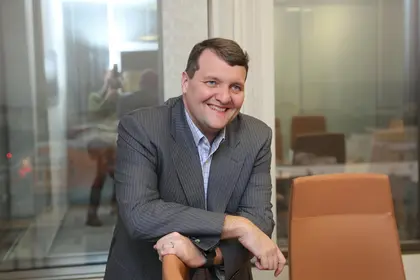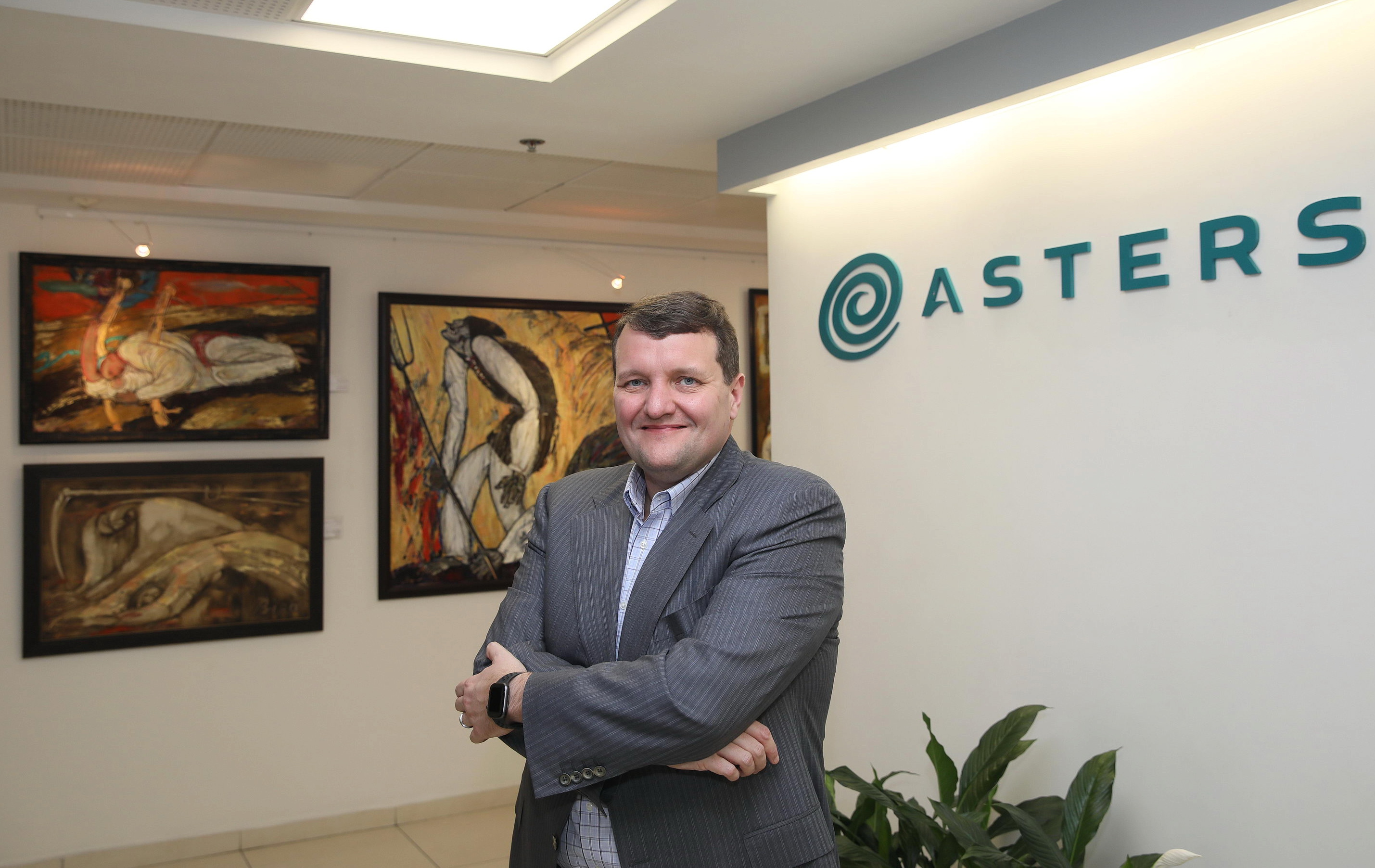Engaging with its far-flung diaspora is one of Ukraine’s most important challenges, the Ukrainian-American lawyer Andrew Mac believes. It has the potential to bring a stream of intellectual and physical capital to the country.
And now may be the best time to engage.
JOIN US ON TELEGRAM
Follow our coverage of the war on the @Kyivpost_official.
Mac, whose parents emigrated to the U.S. from western Ukraine, is leading the charge. In November, President Volodymyr Zelensky appointed him his non-staff advisor on diaspora issues.
According to the Ukrainian World Congress, about 20 million Ukrainians live outside Ukraine in 60 countries, making up almost a third of the global Ukrainian population.
But while many in the diaspora feel connected to their shared identity through local Ukrainian communities, many don’t fully understand the reality of life in Ukraine and could use help getting up to speed.
“On a scale of one to 10, engagement is maybe a two or three,” said Mac. “A lot of the engagement was spurred by the events of 2014… but that’s more of a reactionary sentiment. In terms of really trying to understand and engage Ukraine, link their future to Ukraine, that’s a rare thing.”
Mac, who heads the Asters law firm’s Washington D.C. office and is an expert in cross-border deals, spent a decade living in Ukraine starting in 2002. Though he now resides in Washington, he has traveled to Ukraine eight or nine times this year.
He says he received his current role after being inspired by Zelensky’s inaugural speech, which addressed the country’s need to connect with the diaspora. Shortly after the election, he spoke with old acquaintances who had joined the president’s team and advised them on strengthening bridges with Ukrainians living abroad. This led to the lawyer being invited to advise the president.
Many Ukrainians and their descendants living in the United States have gradually disengaged from their émigré communities after moving to cities with smaller Ukrainian communities or simply getting swept up in their own busy lives. The challenge, Mac said, would be to identify those people and help them reconnect.
As someone who has deep ties to the country and knows many people in the professional world, Mac has moved to reach out to the diaspora.
Mac said he met many successful Ukrainians in senior positions in business, government and media. Many of them have a very surface-level understanding of the country, gleaned from news headlines and memories of Ukraine’s difficult past.
Zelensky believes that connecting with them and explaining that the country is looking westward and experiencing an important transition might attract their attention and support. That, in turn, could bring intellectual capital to the country, Mac says.
Some programs to encourage repatriation are already in the works. On Dec. 3, Zelensky announced an affordable loan program to encourage Ukrainians living abroad to return home. Willing participants could get up to Hr 1.5 million ($63,000) with annual rates from 5% to 9%, with smaller businesses and job creators receiving lower rate.
Thanks to the impeachment hearings against U.S. President Donald Trump, Ukraine has been in the media spotlight recently, though Mac says that this also helped highlight Ukraine’s internal efforts to advance reforms and the ongoing threat of Russian aggression against the country.
One of Zelensky’s challenges is to attract as many successful Ukrainians as possible back to the country.
“Several dozen people came here from the West and became successful,” said Mac. “How do we increase that percentage?”
To achieve a “critical mass” of people with Ukrainian heritage willing to come back to the country, Mac says that the government must prioritize laws allowing dual citizenship, which is not legal at the moment. Mac is keeping a close eye on this issue.
Last month, Ukraine’s Cabinet of Ministers announced that several working groups are developing bills to introduce dual citizenship in Ukraine.
Yet while dual citizenship is formally outlawed, it is de facto overlooked by many, including government officials. Pushing one’s way through the Ukrainian bureaucracy to receive a citizenship or residency status can be very troublesome for people coming from outside the country.
Even with all the obstacles, Mac sees more people choosing to retire to Ukraine and the biggest initiative the government can do is improve their ability to come here.
“It has to be practical, simple, something that would allow Ukrainians like me with U.S., Canadian or U.K. passports to not lose any benefits of our current citizenship, but be able to have Ukrainian passports,” said Mac.
“The biggest initiative the government can do now is to allow these people easy access to come to Ukraine.”
You can also highlight the text and press Ctrl + Enter





